By:
- Anthony King
Published Date
By:
- Anthony King
Share This:
Connecting Through the Arts
Arts and Community Engagement grad student fellows receive support to build regional partnerships, expand research
When UC San Diego graduate student Miguel Zazueta first began interviewing community members in his Tijuana neighborhood about how they experienced safety and security, he faced more questions than answers.
But his research hinges on their participation and, after gaining their trust, he now holds a deep understanding of their thoughts, passion and fears—enough to translate that to music, ultimately sharing with the region as a way to give voice to a thriving community.
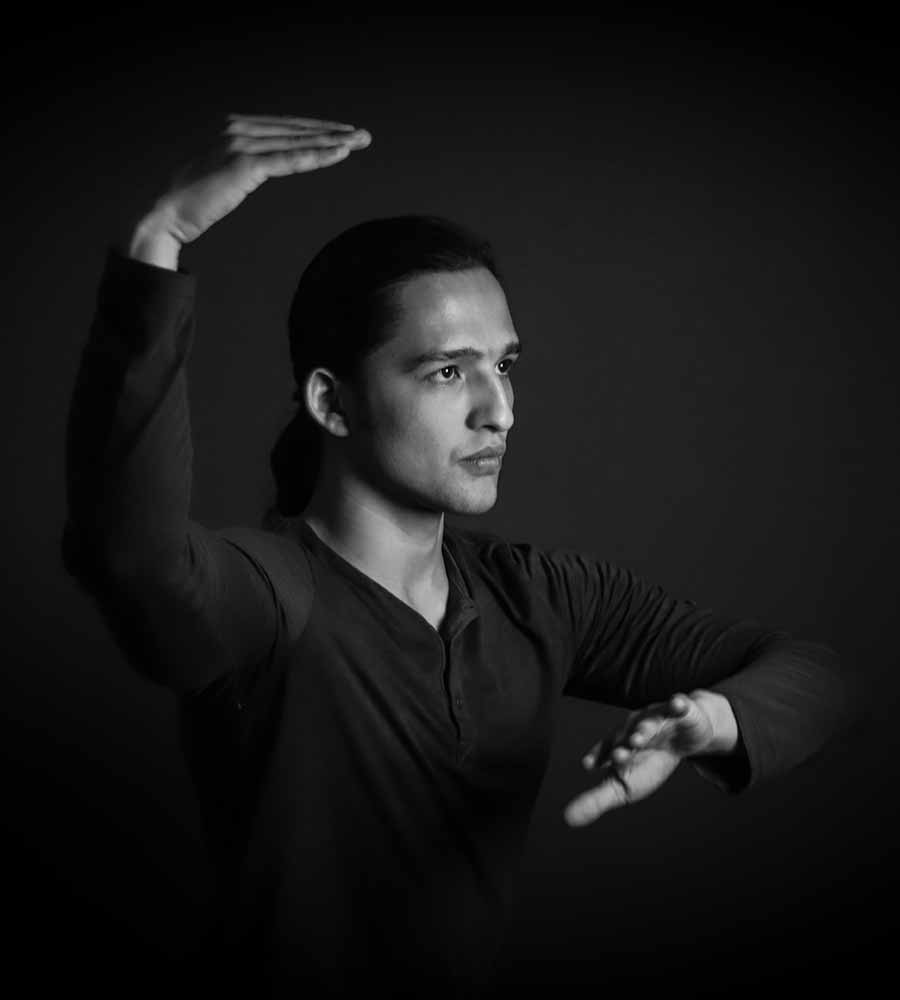
“My personal research as a UC San Diego student involves the practice of singing as a bridge for intimate relationships between the self, the direct people around the vocal practice and the communities around those practices, all of this ultimately for the pursuit of common well-being,” Zazueta said about his work. He is pursuing his master’s degree in performance from the Department of Music.
Zazueta is one of five inaugural Community Connections Fellows carrying out clearly defined, self-proposed projects, providing them an opportunity to create meaningful partnerships with diverse, community organizations through the visual and performing arts. In turn, the students gain practical experience that could influence their continued research, academic focus or career trajectory.
The fellowships are funded by the university’s Arts and Community Engagement initiative, formed in late 2018 within the Division of Arts and Humanities.
“The arts offer a unique way to understand the world that connects and surrounds us, and these young professionals are intimately engaging in a rare, two-way dialogue with the arts in diverse neighborhoods and communities,” said Susan Narucki, a professor of music and Arts and Community Engagement director.
“More than a different perspective, the arts can be a key element in bringing people from divergent viewpoints together to create vibrant communities, in which many voices are heard and welcomed, and society itself can be transformed,” she said.
Fellowships were open to full-time graduate students in the arts and cover short-term projects lasting six months, through January 2021. While not required, the fellows are encouraged to complete a portion of their work with a public, community activity.
Amplifying voices
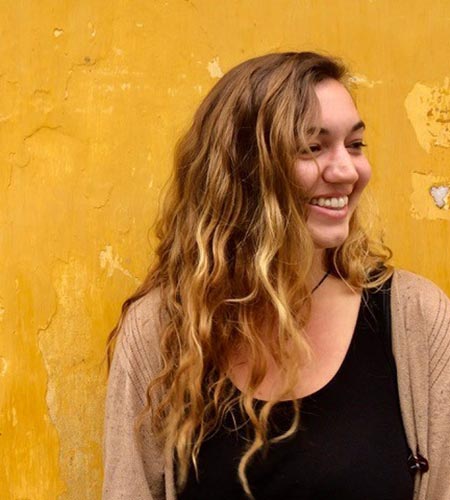
Like Zazueta, Department of Literature MFA writing student Becca Rae Rose wants to center the voices of those who aren’t always invited to speak in academic spaces. Her project will result in an online literary journal that intends to reach across the boundaries of social distancing with the power of story, gathering the written and visual art of those most affected by times of crisis, including women, queer, Trans and BIPOC individuals.
Rose is developing an editorial mission and board for the journal, titled “Kaleidoscoped,” and is in preparation for accepting submissions. She said that because the literary magazine will be free and online, there is potential to feature work not just from the UC San Diego and local communities but from around the world, carving out new space that “lessens the social distance by building the artist community.”
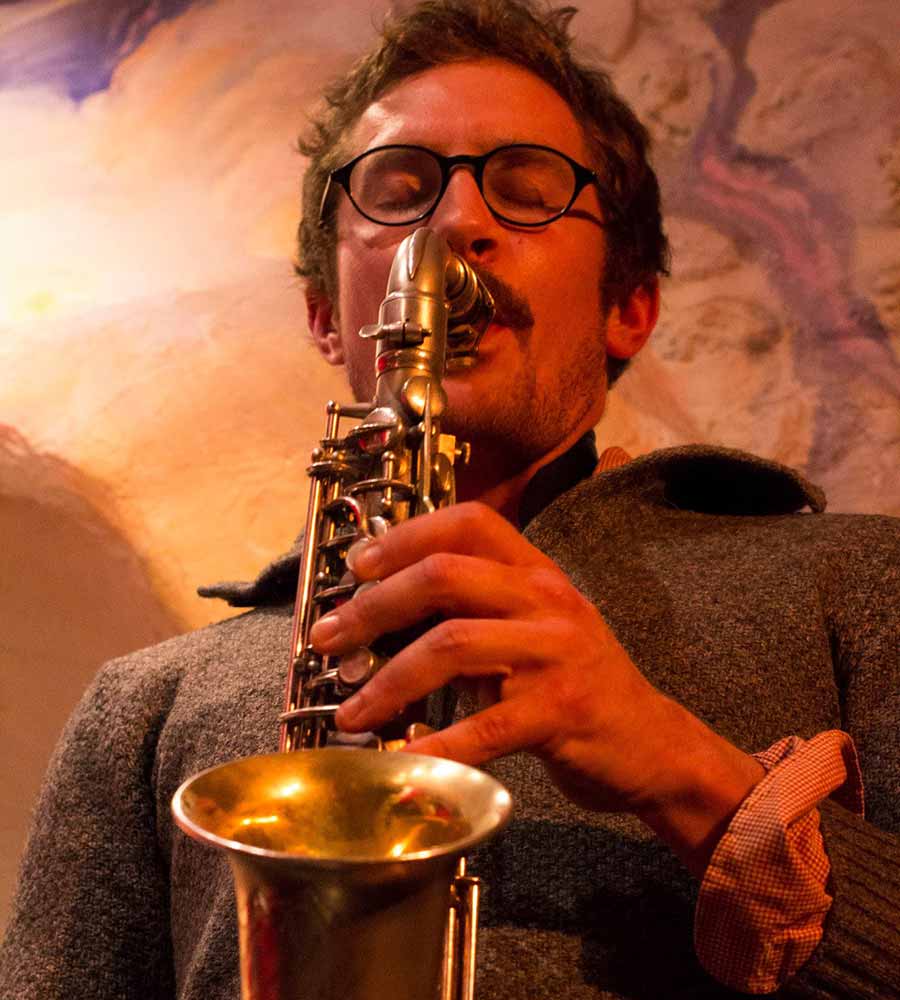
Paul Roth, a Ph.D. student in the Department of Music’s Integrative Studies program, is looking to youth-led social movements—those innovative and original young people mobilizing around issues that point to a better future for them and their communities—to produce a series of podcasts that will air on KNSJ 89.1 radio in San Diego.
Titled “Radio Future Hour,” the project commissions youth leaders to build their own podcasts from home on issues most relevant to them using Zoom, mobile phone microphones, and storyboarding guidance.
“For the project so far, we have episodes sharing perspectives on racial injustice, climate policy, immigration, policing and mass incarceration, housing, Covid-19, and community resilience, all from a diverse group of young folks working alongside inspiring local organizations,” he said. “Advocating for, amplifying, listening to and learning from their voices definitely brings about some much-needed confidence in the future.”
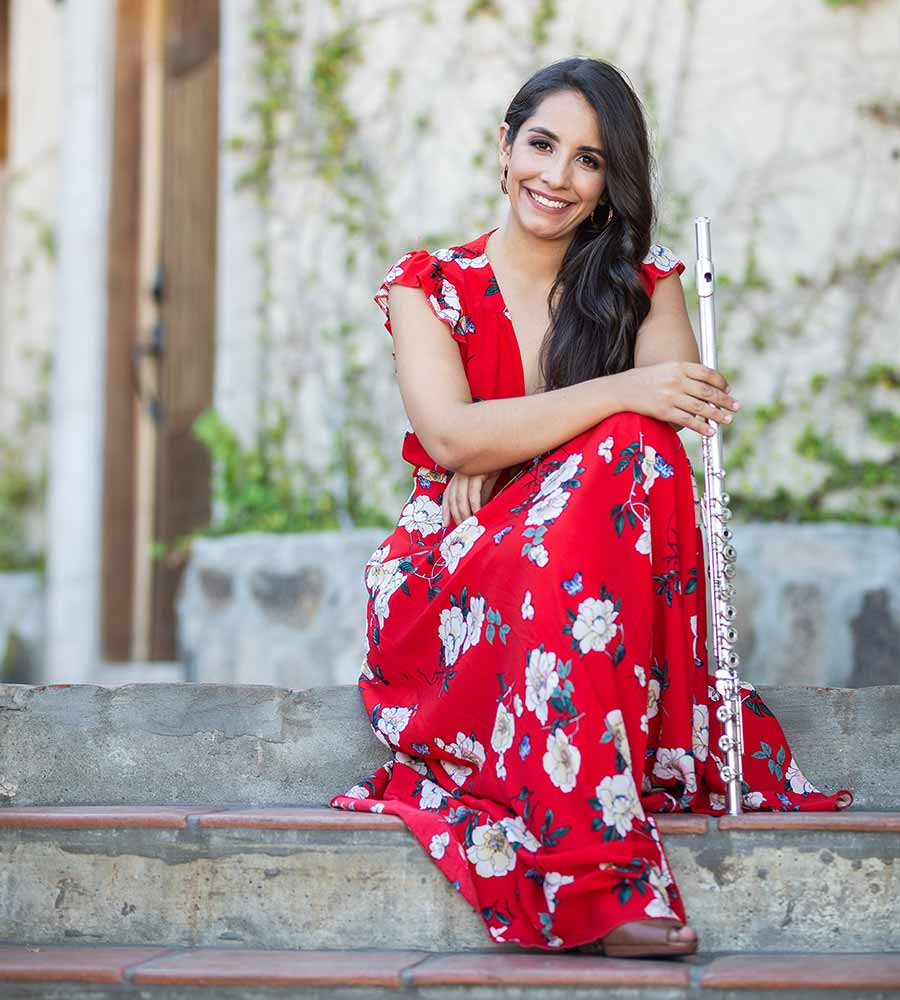
Pursuing a Doctor of Music Arts degree, Teresa Díaz de Cossio is also working with youth for her fellowship, expanding on a project with the Universidad Autonoma de Baja California in Tijuana. In an effort to increase access to music education, Díaz de Cossio is organizing and hosting the second Festival de Music Nueva, Ensenada, a program that sees UC San Diego faculty and graduate students partner with community members in Mexico to lead a series of workshops, classes and concerts.
Similar to the prior festival, Díaz de Cossio said participants come from communities on both sides of the border.
“All of these activities are created to empower people that have not studied music before, and give them an opportunity to explore and express their artistic desires,” she said, recognizing that the global pandemic means potentially hosting the festival online, instead of in person.
“We aim to make this festival inclusive, and create system changes that increase access to experiences,” she said.
Bettering society
Division of Arts and Humanities Dean Cristina Della Coletta developed the initiative to connect students, faculty members, alumni, staff and the greater community in a variety of activities that highlight art as a means of fostering broader cultural dialogue and civic engagement. She said one focus was to support student-centered work with high cultural impact.
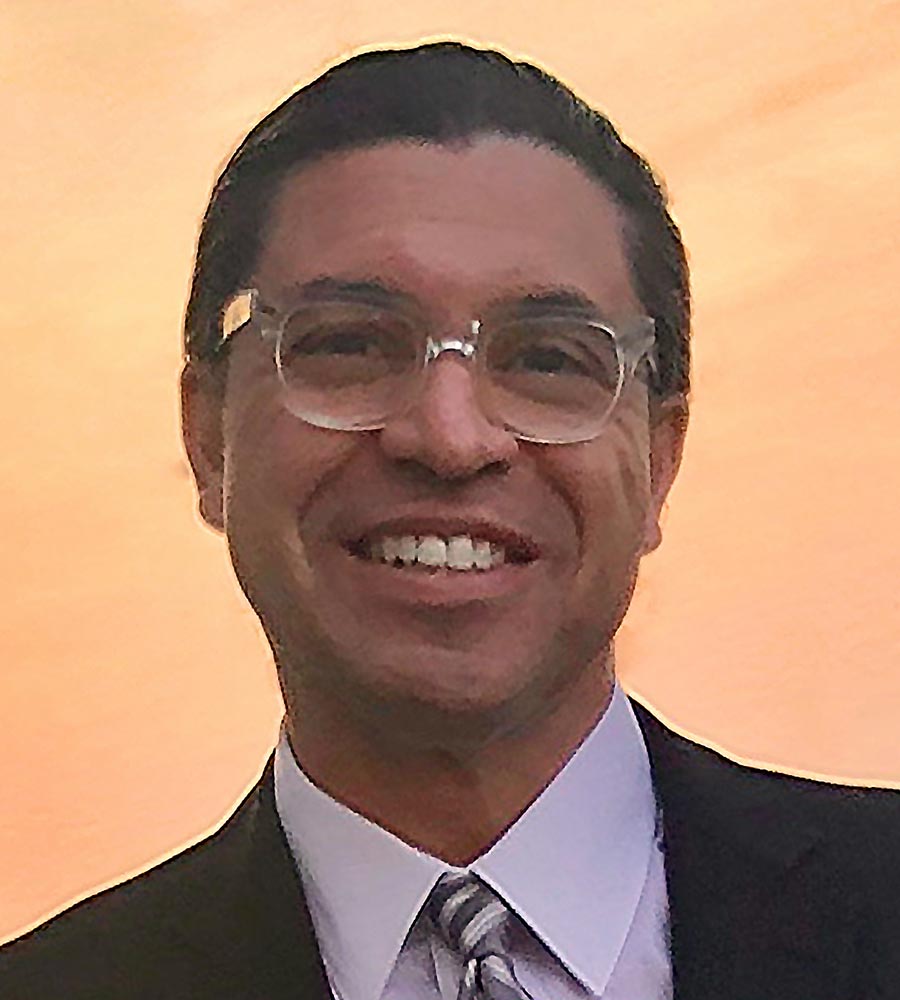
“The Community Connections fellowships represent the three key components in the vision of our public institution: student-centered, research-focused, service-oriented,” Della Coletta said. “Throughout her career, Susan Narucki has encouraged conversation on socially pressing issues, and this commitment to highlighting diverse voices and experiences is now being encouraged in our students, both as a way to enhance their education but to also better society as a whole.”
That type of focus and diversity is exemplified in the final project as well, by Department of Theatre and Dance Ph.D. candidate Sam Mitchell. His Community Connections fellowship reaches to Minnesota, where he will be co-producing an online performance with a Native American-led community arts organization based in Minneapolis. Through workshopping and performing new work, Mitchell says he will engage community on a national level, focusing on outreach to Native, Indigenous and People of Color communities.
“The new work will begin by envisioning and designing performance work for Native audiences, a natural process prior to colonization,” Mitchell said. “When larger audiences are welcomed into that space of creation, alongside Native people for whom the work was created, intimacy of content and approach deepens [and] an internal conversation becomes shared.”
Share This:
You May Also Like
New Collaboration Expands Capabilities and Enhances Natural Disaster Resilience
Science & EnvironmentStay in the Know
Keep up with all the latest from UC San Diego. Subscribe to the newsletter today.



